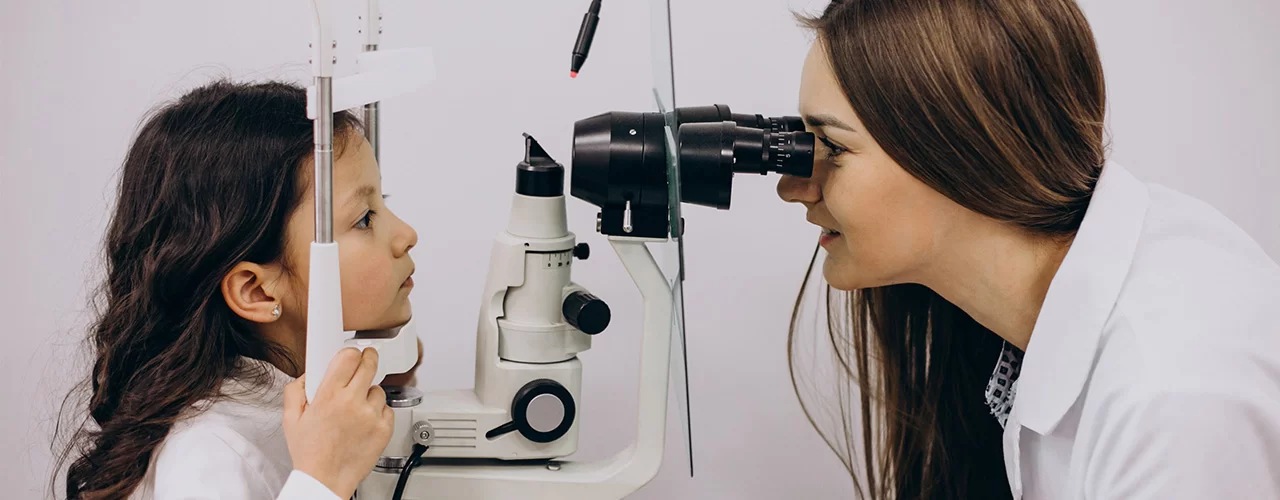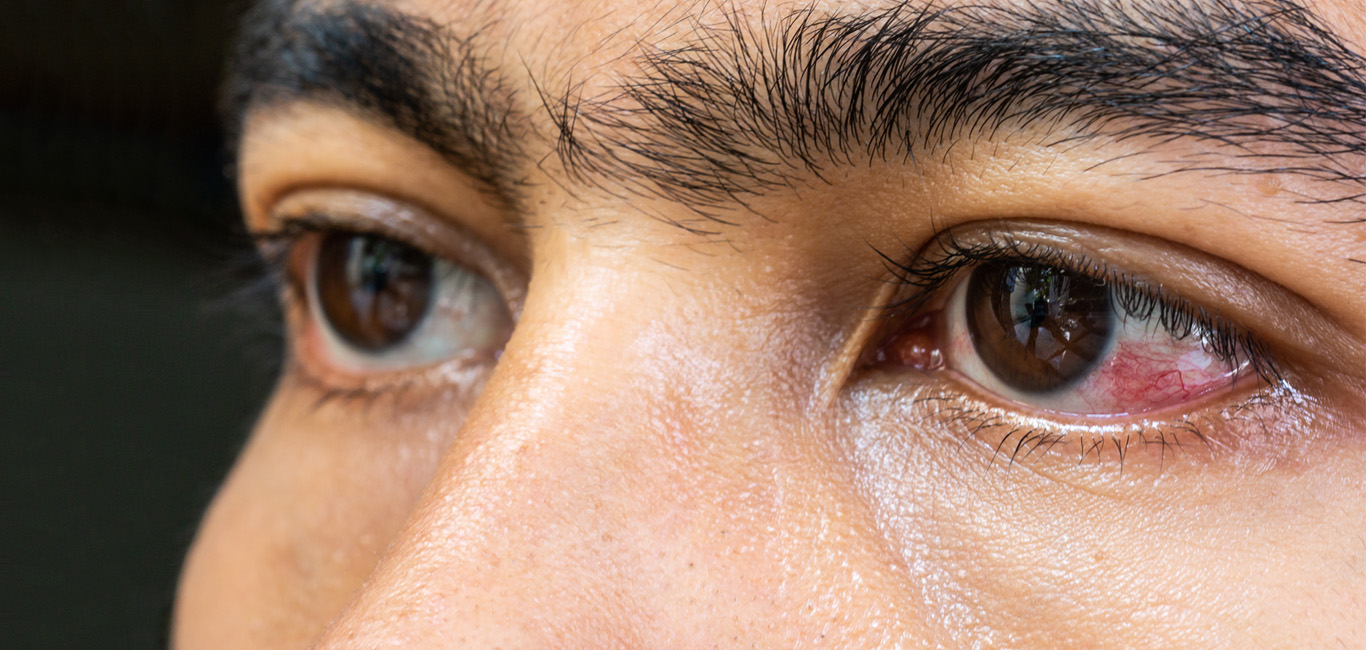
Why Regular Eye Check-ups Are Essential for Long-Term Vision Health
Regular eye check-ups are essential for maintaining long-term vision health and can have a significant impact on overall well-being. Many eye conditions, such as glaucoma, macular degeneration, and diabetic retinopathy, often develop without noticeable symptoms. Routine check-ups enable early detection of these conditions, allowing for timely intervention and preventing potential vision loss. Moreover, eye exams can reveal early signs of health issues like diabetes, hypertension, and high cholesterol, as these systemic conditions often affect the eyes. By identifying them early, you can take preventive action for both your eye health and general health. Regular exams also ensure that any vision changes are managed accurately, keeping your prescriptions up-to-date and providing you with clear, comfortable vision. With increased screen use, digital eye strain has become common, and eye check-ups offer guidance to manage this stress and protect your eyes. Additionally, regular exams are crucial as you age, helping to monitor for cataracts and other degenerative conditions, ensuring that any necessary treatments can be started promptly. In essence, prioritizing regular eye check-ups is a proactive step towards preserving your vision and supporting overall health, making it a wise investment in your quality of life.



